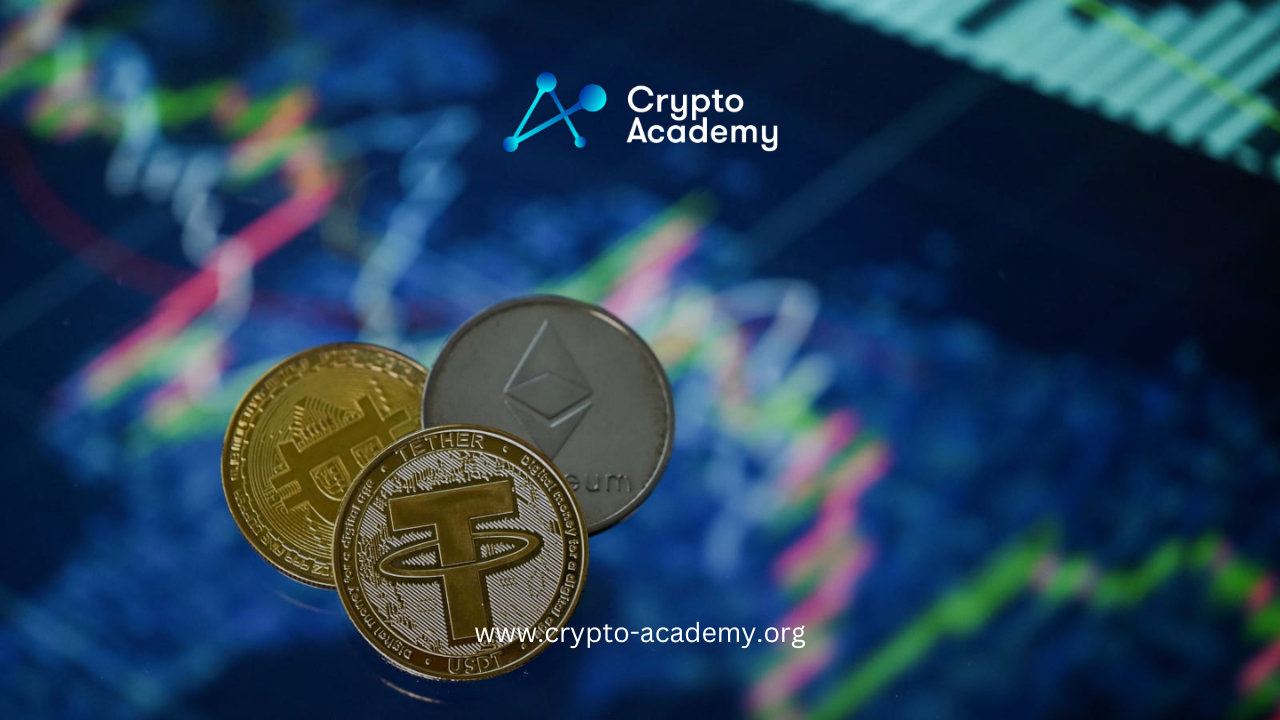Paolo Ardoino, the CEO of Tether, has openly refuted criticisms from Deutsche Bank regarding the financial solidity of Tether and its flagship stablecoin, USDT. Utilizing his social media platform, Ardoino pointed to Deutsche Bank’s controversial history of regulatory penalties, suggesting that the banking giant is in no position to pass judgment on others within the financial sector.
Deutsche Bank recently issued a report identifying potential vulnerabilities within the stablecoin market, explicitly citing Tether’s opaque operations as a concerning factor. The report further highlighted the significant market share controlled by USDT, indicating that any instability in Tether could have far-reaching consequences due to its dominant position.
In a spirited response, Ardoino reminded followers of Deutsche Bank’s troubled past, including being tagged by the International Monetary Fund as the world’s riskiest financial institution. He emphasized that the bank’s own record of fines, totaling over $20 billion for numerous violations since the year 2000, undermines its credibility in critiquing other financial entities.
Market Dynamics and Regulatory Outlook
According to recent data from DefiLlama, the total market capitalization for stablecoins now surpasses $160 billion, with Tether’s USDT commanding a dominant 69% market share. This places USDT at the forefront of the stablecoin sector, underscoring its critical role in the digital currency landscape.
However, the looming specter of new regulations in the United States poses a potential threat to Tether’s supremacy. Experts in the field have cautioned that forthcoming legislative measures could dilute Tether’s market influence, reshaping the stablecoin hierarchy.
As the debate between traditional banking authorities and pioneering crypto firms continues, the stability and transparency of digital currencies remain at the heart of financial discussions. The ongoing scrutiny of Tether’s practices and the broader implications for the financial system spotlight the evolving nature of money and regulation in the digital age.

